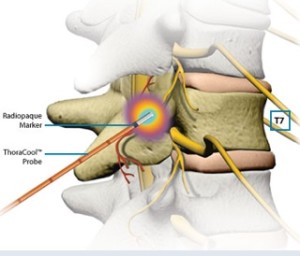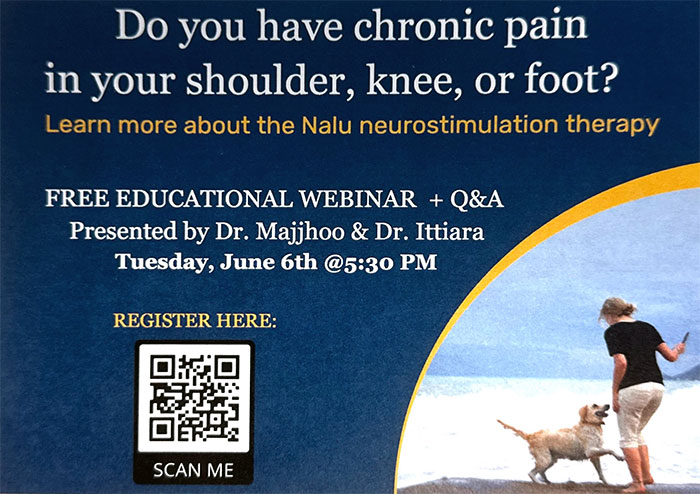FAQs on Facet Syndrome
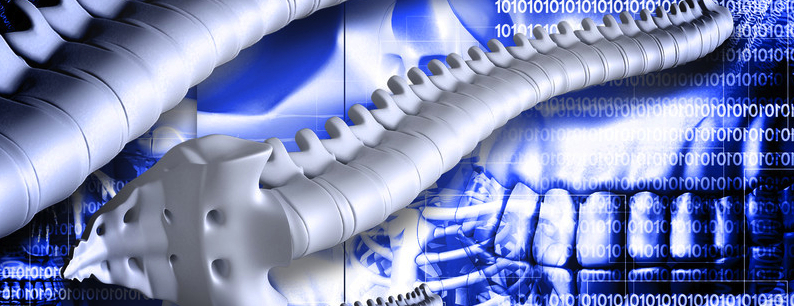 What exactly is facet syndrome?
What exactly is facet syndrome?
The term facet syndrome refers to arthritis in the facet joints. These are the thumbnail size joints located on either side of the spine at every level from the neck all the way down to the sacrum.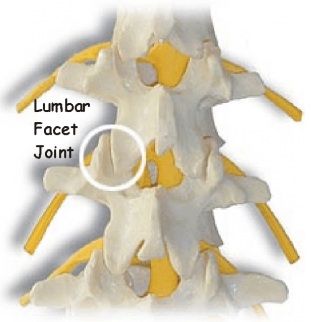
These joints contain cartilage just like the hip and knee, and are instrumental in allowing humans the incredible spinal range of motion in so many directions.
One of the unfortunate occurrences with aging is often degenerative arthritis in these joints, just like occurs in the knee or hip joints. Even though they are small, they can really cause discomfort in the neck, back or both.
What occurs in the facet joints is that as cartilage is lost, the body tries to compensate. It can no longer make cartilage at the same rate that it is being lost. So what it does is makes extra bone and soft tissue in an effort to stabilize the joint and reduce pain.
Facet syndrome refers to the process of degeneration and resulting arthritis pain.
What are the symptoms of the facet syndrome?
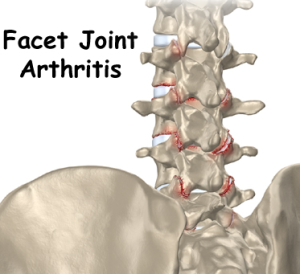 The resulting pain from facet arthritis will depend on where the breakdown is occurring. If an individual has facet arthritis at one level, usually they will have it at multiple. Back pain typically occurs and it may radiate out to the affected side or both sides. The pain may also radiate into the buttock area, hip and upper thighs.
The resulting pain from facet arthritis will depend on where the breakdown is occurring. If an individual has facet arthritis at one level, usually they will have it at multiple. Back pain typically occurs and it may radiate out to the affected side or both sides. The pain may also radiate into the buttock area, hip and upper thighs.
If the facet arthritis is occurring in the neck, it often will cause pain, intermittent spasms and aching, and potentially radiation into the shoulder area.
If the overgrowth of bone and soft tissue begins to pinch on nerve roots in the area, a person may start to have what is called spinal stenosis. This may cause pain into one or both arms or legs. With the body trying to compensate for the lack of cartilage by growing additional bone and soft tissue, it may compress on the nerve roots that are just trying to get out from the spine.
What is the best treatment for facet syndrome?
Surgery for facet arthritis is truly a last resort, elective procedure. Outcomes for surgery 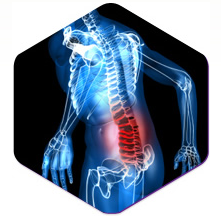 done for facet arthritis have not been so great.
done for facet arthritis have not been so great.
Initial first-line treatment should consist of anti-inflammatories and Tylenol over-the-counter. These may help considerably with mild to moderate pain and should be taken according to manufacturer’s recommended dosing.
For times of exacerbation, your Huraibi Pain & Rehab Institute doctor may prescribe short term opiates along with muscle relaxers. Over the long-term, the risks of these medications start to outweigh the benefits.
Physical therapy and chiropractic treatment is often very effective in managing the pain from facet syndrome. Spinal manipulations may decrease pain for a while, and the stretching and strengthening of the paraspinal muscles helps relieve pressure off of the arthritic joints.
Modalities such as ultrasound, electrical stimulation, iontophoresis and others may help as well.
Studies have been done on acupuncture for arthritis. The benefits have been shown in multiple studies and may provide significant relief along with massage.
A TENS unit is a small device about the size of an iPod that sits on a patient’s belt and can provide slight electrical impulses to alleviate pain. It is a low cost, low risk device that is often effective when used intermittently.
Interventional Pain Management
Interventional pain management has multiple therapies for pain relief. One of these are facet injections. These consist of numbing medicine and cortisone placed into the arthritic facet joints and can relieve pain for weeks to months at a time. Then they may be 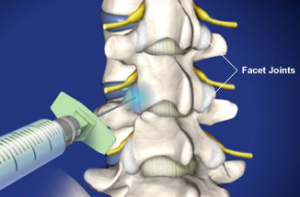 repeated. They are performed as an outpatient and have low risk involved.
repeated. They are performed as an outpatient and have low risk involved.
If spinal stenosis is present along with facet syndrome, epidural steroid injections have been shown to have an excellent result. This is when cortisone medication is placed around the nerves being pinched, and can bathe it with soothing anti-inflammatory medicine. The results of these injections has been shown to be over 75% good to excellent outcomes for weeks to months of pain relief.
Another type of injection for facet syndrome are medial branch blocks. These are injections of numbing medicine along with potentially cortisone or phenol placed around the arthritic joints to deaden the tiny nerve endings that supply sensation to the arthritic joint. These help with both diagnosing the source of the pain, and may also provide months of pain relief with just numbing medicine being used.
If the medial branch block works for pain relief and then wears off, it may either bevrepeated or an individual may have a radiofrequency ablation procedure.
This procedure has been revolutionary in pain management and involves the pain management doctor applying radiofrequency thermal energy to the arthritic joint. Pain relief may be upwards of 18 months with the procedure, which is also known as a radiofrequency denervation, radiofrequency neurotomy, along with medial branch rhizotomy. They all mean the same thing.
These procedures have been shown to be over 80% effective for pain management, with the results being effective for 6 to 18 months. Studies show that if the pain relief wears off, repeating the procedure is often just as effective.
What are the outcomes with facet syndrome?
Usually, effective pain relief is achieved without the need for an operation. With all of the potential conservative treatments available, an acceptable baseline of pain relief is usually achieved allowing individuals to continue to work, play with their kids and grandkids, and 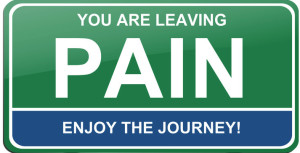 avoid disability.
avoid disability.
While there are extenuating circumstances that may result in the need for an operation, it is usually avoided.
If you or a loved one is dealing with back or neck pain due to suspected arthritis in the spine, help is available through the Nevada Pain Network. The Network connects those in pain with Huraibi Pain & Rehab Institute trusts.


